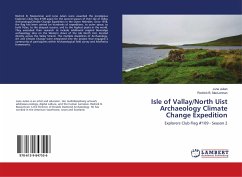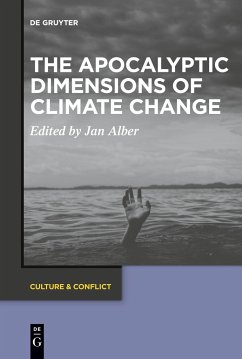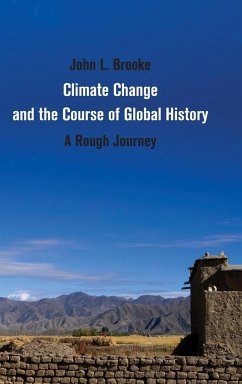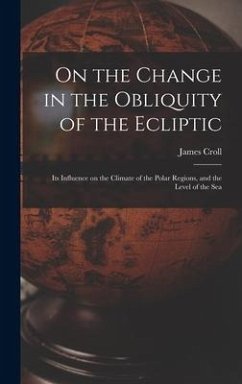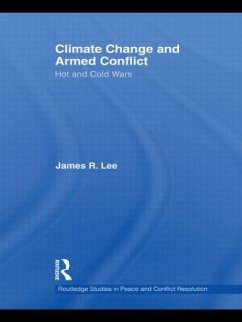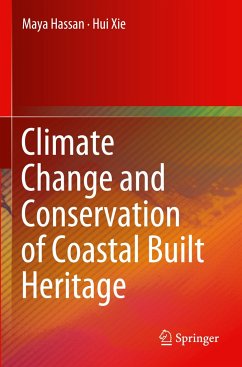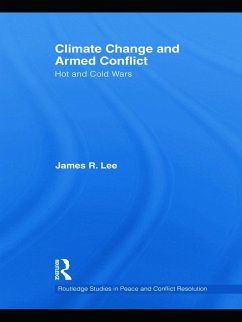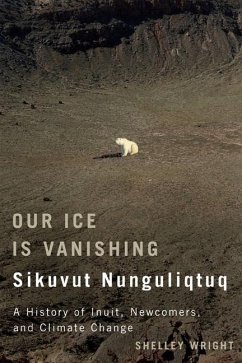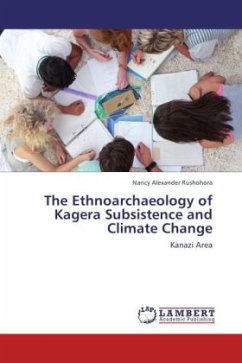
The Ethnoarchaeology of Kagera Subsistence and Climate Change
Kanazi Area
Versandkostenfrei!
Versandfertig in 6-10 Tagen
32,99 €
inkl. MwSt.

PAYBACK Punkte
16 °P sammeln!
This book surveys subsistence strategies of Kagera and uniquely document Kanazi as a heritage site. It provides grounds for African archaeologists to train the public on what they are doing and why. Heritage sites are public goods and so important for scholars and the public. For decades now cultural heritage has been appearing with neither government nor public attention. If utilized, they would have saved for knowledge and economic gain. Researchers are called upon to exhibit finds and train the local people on the important of research they conduct in the area. Publications in areas where E...
This book surveys subsistence strategies of Kagera and uniquely document Kanazi as a heritage site. It provides grounds for African archaeologists to train the public on what they are doing and why. Heritage sites are public goods and so important for scholars and the public. For decades now cultural heritage has been appearing with neither government nor public attention. If utilized, they would have saved for knowledge and economic gain. Researchers are called upon to exhibit finds and train the local people on the important of research they conduct in the area. Publications in areas where English is alien should be based on native language to facilitate the massive knowledge. Climate change has also been the global event however very few people understand this riddle. Subsistence of Kagera has changed drastically over time. Some of these changes are directly attributed to Climate change. With this exiting treatment of themes herein, this book is a must read for the understanding of Kagera people and the culture of Iron Age to present.



